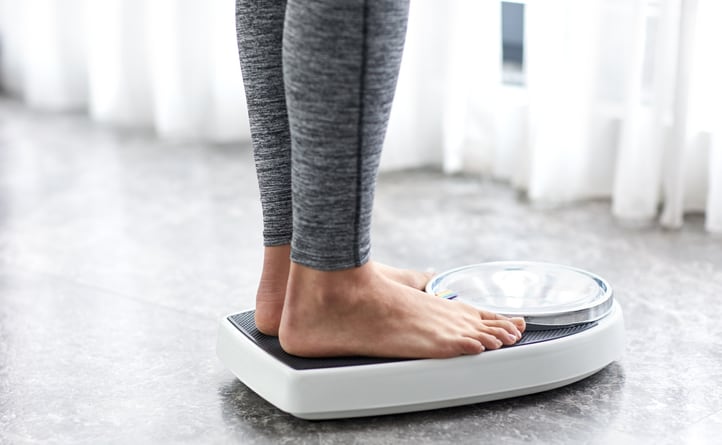The two strains in question are Limosilactobacillus fermentum MG4231 and MG4244 and is developed into a supplement known as MED-02 by South Korean firm MEDIOGEN.
Conducted by researchers from Seoul Paik Hospital, IIsan Paik Hospital, and MEDIOGEN, findings of the trial were recently published in Nutrients.
Ninety-two healthy but obese or overweight individuals aged 19 to 65, with a body mass index (BMI) between 25 and 31.9 kg/m2, were randomised to take either 500mg of MED-02 or a placebo capsule once daily.
The MED-02 probiotic capsule contained L. fermentum MG4231 and MG4244 each at 2.5 × 109 CFU, as well as 250 mg of maltodextrin, while the placebo capsule contained only maltodextrin.
During the trial, all subjects were also recommended to reduce their energy intake by 500 kcal/day less than usual and to burn 300 kcal or more by exercising every day.
All participants were assessed at week six and 12 of the trial for changes in their anthropometric parameters after receiving the investigated products.
The primary goal of the trial was to find out if there was a reduction in body fat mass and percentage in the intervention group by the end of the trial.
This trial was supported by a project for Collabo R&D for the Industry, Academy, and Research Institute funded by the Korean Ministry of SMEs and Startups in 2020.
Results
Body fat mass and body fat percentage have significantly decreased in the intervention group by the end of the trial.
Also, the intervention group’s body fat mass and body fat percentage were significantly different from the placebo group by the end of the trial.
Body fat mass had significantly decreased by 1166.82 ± 1741.13 g in the intervention group, while the placebo group only reported a reduction of 382.08 ± 1284.46 g.
On the other hand, body fat percentage had significantly decreased by 0.85 ± 1.57 per cent in the intervention group and 0.11 ± 1.35 per cent in the placebo group.
The change in both groups also indicated a statistically significant difference, said the researchers.
Body weight also decreased significantly in the intervention group.
However, there was no statistical difference in the change in BMI between both groups by the end of the trial.
In addition, there were also no statistically significant differences between the two groups in terms of abdominal fat area, lipid metabolism markers, and adipokines.
“There are several mechanisms by which probiotics reduce adiposity. The metabolites of the two probiotic strains may directly affect body fat composition.
“Body weight and adipose tissue weight were significantly decreased after feeding mice MED-02 in an HFD-induced obese mice model…MED-02 probiotics modulate obesity through the AMPK system, but it needs to be made clear which components from probiotics modulate the system in further studies,” the researchers explained.
The researchers pointed out that they did not evaluate changes in the gut microbiota in this study.
Therefore, further studies are needed to investigate the correlation between the reduction in body weight and gut microbiota in humans to understand the anti-obesity effect of MED-02.
Adverse reactions
Eleven adverse events were reported in the MED-02 group, while 14 were reported in the placebo group.
The most common adverse events were skin reactions, such as eczema, dermatitis, urticaria, alopecia, and verruca, which accounted for three adverse events each in both groups.
In addition, there were five cases of musculoskeletal symptoms – two were reported in the intervention group and three in the placebo group.
Other adverse events reported include headache, back pain and fever etc.
Source: Nutrients
Effect of MED-02 Containing Two Probiotic Strains, Limosilactobacillus fermentum MG4231 and MG4244, on Body Fat Reduction in Overweight or Obese Subjects: A Randomized, Multicenter, Double-Blind, Placebo-Controlled Study
https://doi.org/10.3390/nu14173583
Authors: Cho, Y.G et al





